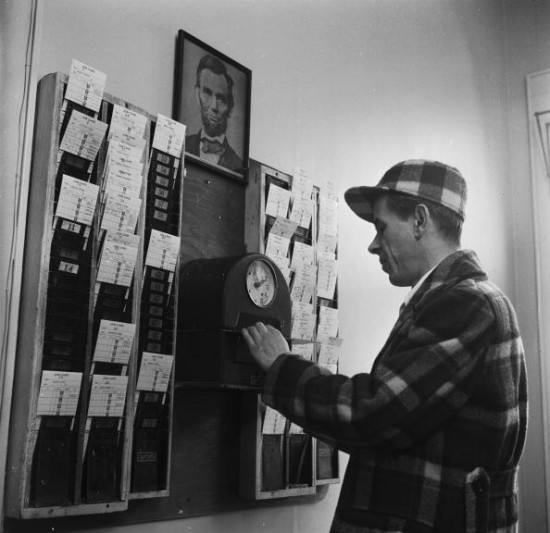Most ambitious and successful people set goals and use task lists. I’ve seen those task lists. They’re usually handwritten on lined paper – pages and pages of “things to do” with no way to sort out what’s important.
I used to do that. But I was never able to accomplish my long-term goals that way.
I doubt those people do, either.
The time-management system I use now is more detailed. And it takes a bit more time. But it works. I mean it really works.
Prior to using this system, I was able to accomplish my main goal, which was about achieving wealth. But I was forever putting off my other life goals. Had I still been writing down yearly resolutions and daily task lists, I am sure I would have continued to add to my net worth. But I doubt I would have done much if any of the following:
- I wrote and had 30+ books published. (Two of them were New York Times and Wall Street Journal bestsellers.)
- I wrote four screenplays. Three were made into movies.
- I earned a black belt in Brazilian Jiu Jitsu.
- I started a family charity that funded – and is running – a $5 million+ community development center in Nicaragua.
- I relearned the French horn.
- I developed several financial products and services that have helped many people achieve their financial goals. (I’m very proud of that.)
- I started a boutique publishing company that has produced books for unknown writers who I think deserve to be noticed.
- I am developing a 20-acre botanical palm tree and sculpture garden that I hope will one day be open to the public for free.
- I stayed healthy, kept my friends, and enjoyed my family.
As I said, before I began using this system, I never had time to write poetry or produce movies. I never had time to get involved with charitable endeavors. I was very busy. But my life was speeding by without any hope of being able to look back and think, “I did everything that was really important to me.”
Determining Your Core Values
Most people you meet on the street don’t like their jobs, are unhappy with their family life, and want more money. They believe that if they could just do this or that, everything would be better.
Winning the lottery would make it all okay. At least that’s what they think. But the truth is otherwise. Unless you live your life according to your core values, no success will be enough to bring you joy.
So before you attempt to set your goals, you have to spend some time determining your core values. What do I mean by core values? I mean the feelings you have about good and evil that are buried deep within your heart.
What does goal setting have to do with core values? It’s all about ensuring your long-term happiness. If you set goals that contradict your core values, you will wake up one day and say, “I did everything I said I wanted to do. But so what?”
You don’t want to end up being yet another highly successful but fundamentally miserable person – a fate so common it’s become a cliché. Here’s how to make sure that doesn’t happen…
Begin by imagining a funeral. It is taking place in an elegantly appointed room. The room is full of friends and family members who have assembled to talk about the deceased. You look around. You begin to recognize faces. “Who is the deceased?” you wonder. You look at the casket. Good grief, it’s you!
So what are the people at your funeral saying about you? READ MORE




